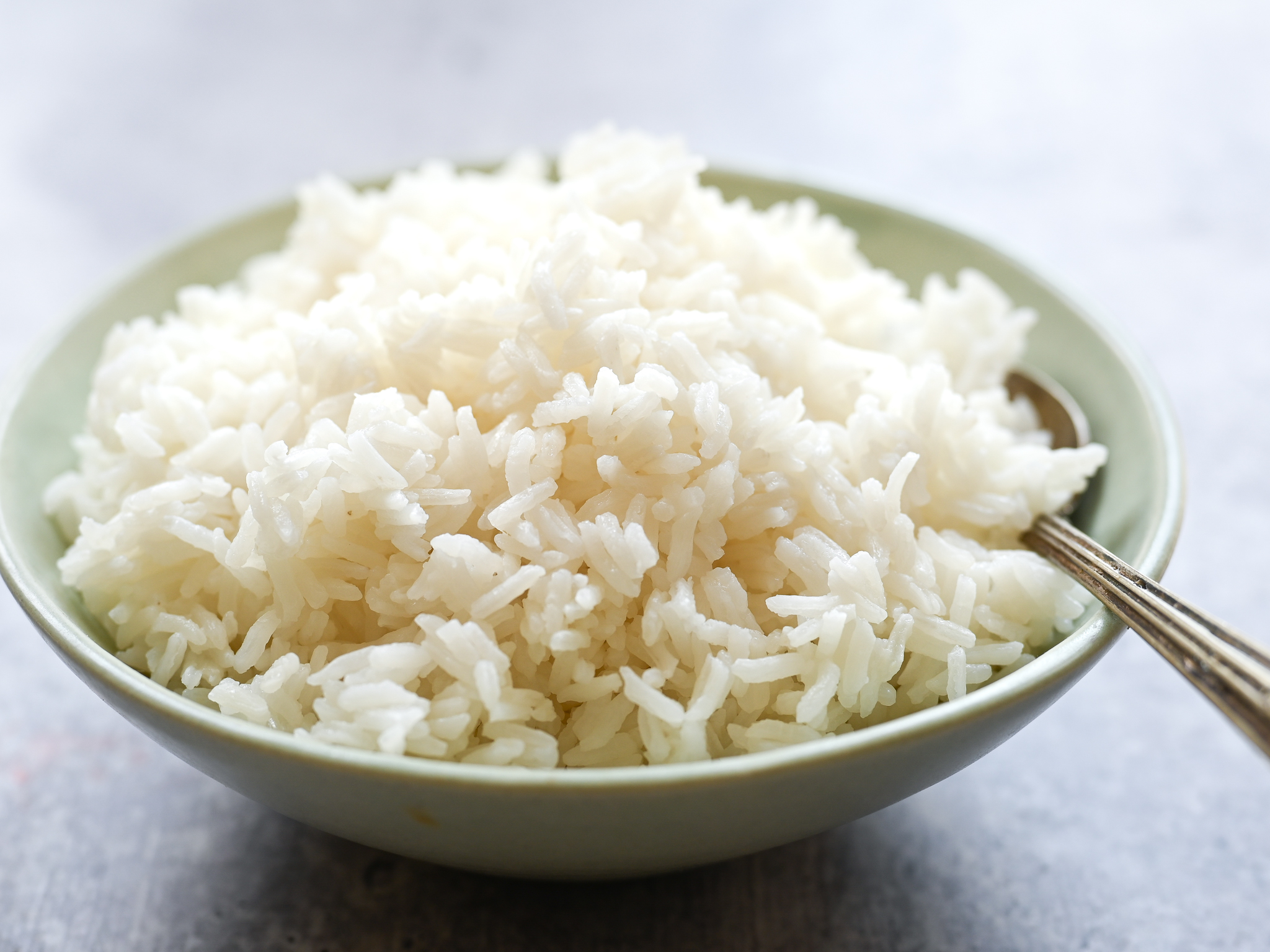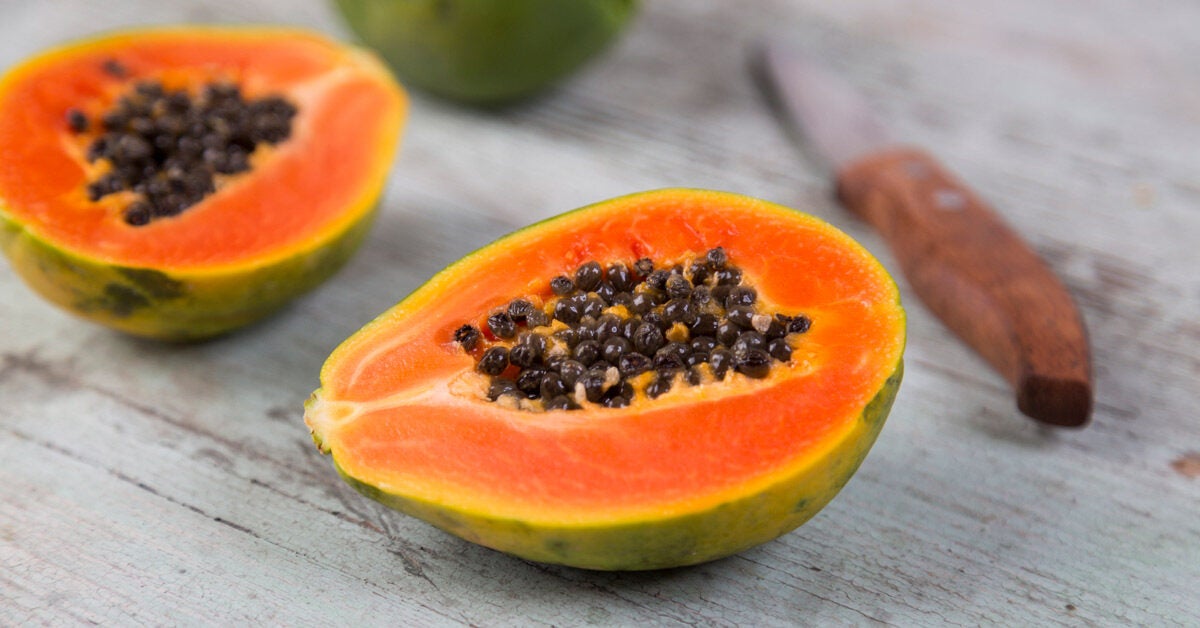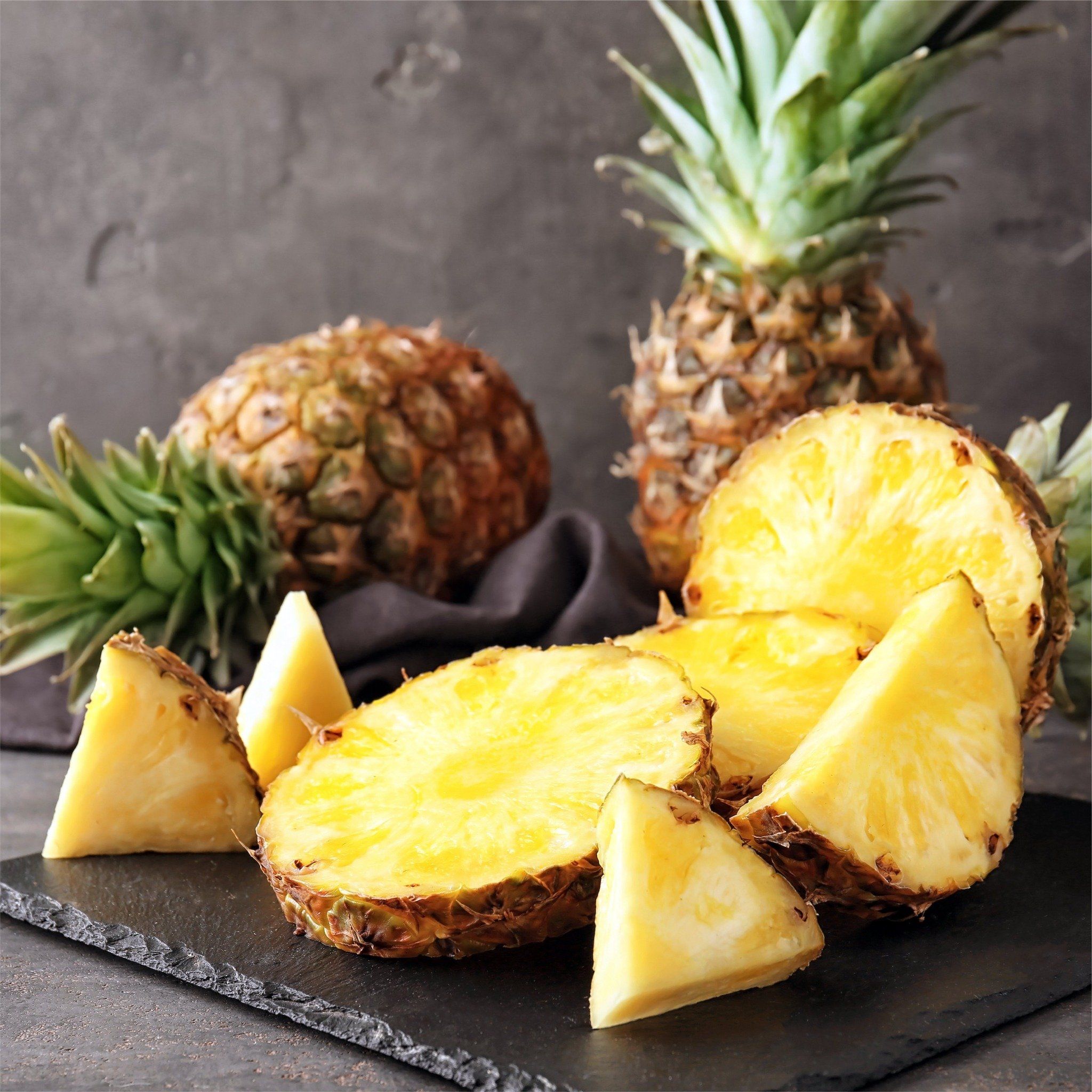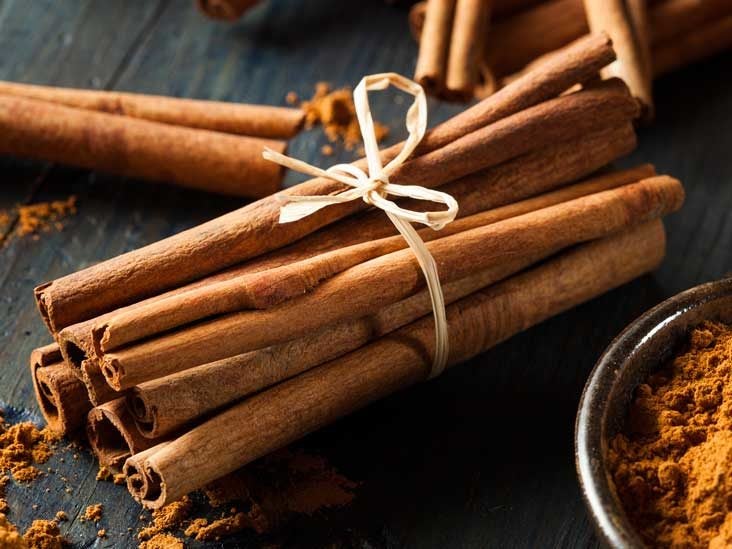Try low-FODMAP foods that may help alleviate bloating. Here are some foods that are best for bloating.
Cucumber

People use cucumbers to reduce puffiness under their eyes—and you can eat them to do the same thing for your belly. The vegetable contains quercetin, a flavonoid antioxidant that helps reduce swelling, according to Sass.
“Cucumbers have been shown to inhibit the activity of pro-inflammatory enzymes,” added Sass. So slice it up, eat it as is, or swap sugary drinks with a glass of cucumber water.
Asparagus:max_bytes(150000):strip_icc()/__opt__aboutcom__coeus__resources__content_migration__simply_recipes__uploads__2018__03__stovetop-asparagus-horiz-a-2000-4941e1a824ed4a4798f66fb54f8e04e6.jpg)
Asparagus is an anti-bloating superfood—one half cup contains about 63 grams of water which can hydrate you, help you to urinate, and flush all that excess water to relieve any discomfort and bloat.21
It also contains prebiotics, which helps support the growth of “good” bacteria. This helps maintain a healthy balance in your digestive system to prevent or reduce gas.22
Rice

Limiting starchy vegetables—like potatoes and corn—is key to eating healthily and reducing bloating. The only starch that does not cause gas is rice.2
If you want to add starch to your diet, choose rice over corn or potatoes to avoid feeling gassy and bloating.
Bananas

One medium-sized banana contains 9% of the recommended daily amount of potassium. Foods rich in potassium prevent water retention by regulating sodium levels in your body and can thus reduce salt-induced bloating. Here are some other potassium-rich foods:23
- Raisins
- Dried apricots
- Potatoes
- Spinach
- Oranges
- Lentils
Bananas also have some fiber, which can relieve or prevent constipation.24 “Bloating can also be caused by constipation,” noted Sass. “If you’re not able to eliminate waste in the GI tract, you become ‘backed up,’ so to speak, which can lead to a bloated look.”
Papaya

Papain (the enzyme in papaya) helps break down proteins in your GI system, which makes digestion easier.25
Sass explained that tropical fruit also has anti-inflammatory properties and fibers that support a strong digestive tract. Eat papaya whole and fresh or blended into a smoothie.
Pineapple

Also, tropical fruits, like pineapple, are mostly water, which combats bloating by keeping your body hydrated.
Bromelain, an enzyme found in pineapples, promotes digestive health by helping break down proteins. According to research, bromelain is one of the most effective enzymes for breaking down collagen.26
Yogurt With Probiotics
/https://www.thestar.com/content/dam/thestar/life/health_wellness/2017/04/24/what-you-need-to-know-about-probiotic-yogurt/yogourt.jpg)
Probiotics, which are good bacteria in your gut, help regulate digestion and champion the overall health of your digestive tract. You can take probiotic supplements, but you may as well get a breakfast out of it.27
So, eat your bloat away with yogurt that has active cultures. If you want to add some sweetness, use a little honey, jam, or granola.
Fennel Seeds

Fennel does wonders for your digestive tract—especially since you can benefit from multiple parts of the vegetable. The seeds have a compound that relaxes GI spasms, which allows gas to pass and relieve bloating, according to Sass. You can also chew on the seeds directly or sip a fennel tea at the end of a meal.
Ginger
:max_bytes(150000):strip_icc()/what-is-ginger-1807768-hero-02-c589bfc0fe5044d29cb930e74d1b6db9.jpg)
Ginger contains the digestive enzyme zingibain, which helps your digestive system break down protein. The compound potentially helps food digest more efficiently, reducing bloat, gas, or constipation.28
If you already feel bloated, you probably don’t want to eat—so instead, sip homemade ginger tea: Steep a few slices of sliced ginger in a mug of hot water for five to 10 minutes.
Peppermint and Chamomile Teas

If you feel puffy after dinner, sip on a hot cup of peppermint or chamomile tea. Both kinds relax GI muscles to help dissipate the gas that causes your stomach to bloat.29
Aside from improving digestion, chamomile can also soothe and relax, which can help ease any sort of stomach discomfort.
Cinnamon

Cinnamon is a spice that packs a lot of antioxidants that may help get rid of excess gas. According to research, people have traditionally used cinnamon for thousands of years to treat digestive issues like bloating.30
A Quick Review
There are many causes of bloating, but sometimes, it may just be the food you eat. If you’re experiencing bloating, take a look at your diet. You may want to swap out foods like apples, dairy products, or cruciferous vegetables with foods like bananas, carrots, and yogurt.
If switching up your diet doesn’t do the trick, contact a healthcare provider to determine the cause of your bloating.
Source: https://www.health.com








